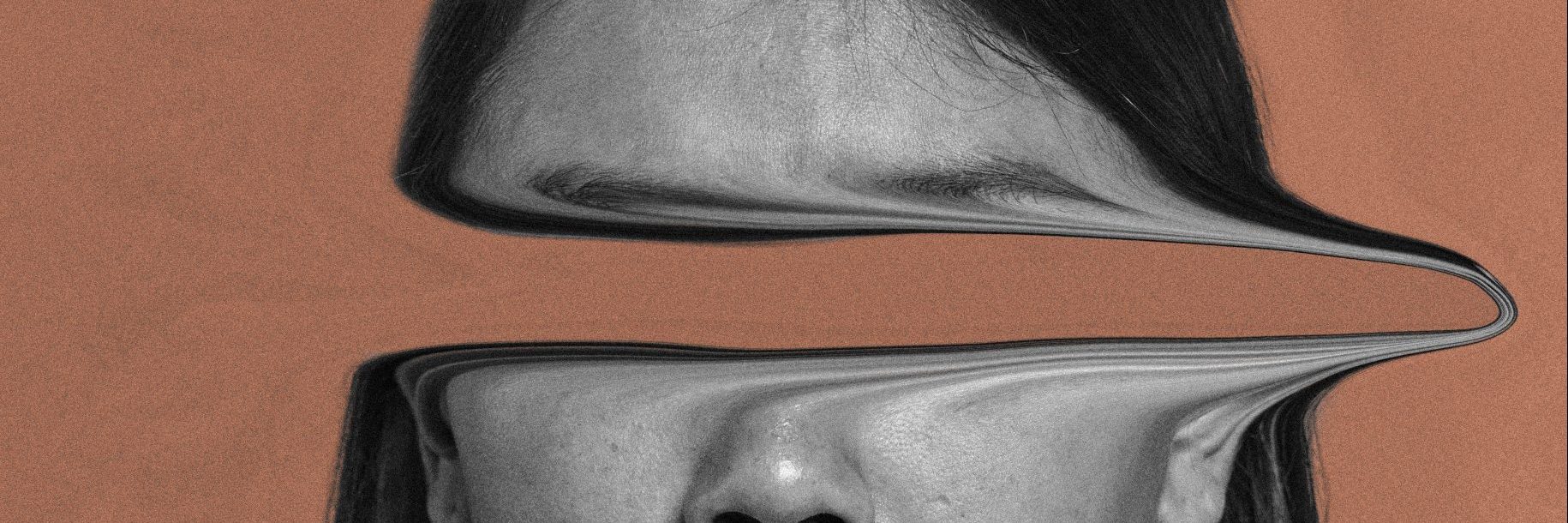A new study provides first accurate visual portrayal of the facial distortion experienced by a man with prosopometamorphopsia (PMO). Source: Tyler Hewitt, Flickr.
A new study by Dartmouth College is the first to provide an accurate visual portrayal of the facial distortion experienced by a man with a rare neurological-visual disorder known as prosopometamorphopsia (PMO).
PMO causes a person to perceive facial features in a distorted shift of discolorations, positions, sizes or shapes.
“In other studies of the condition, patients with PMO are unable to assess how accurately a visualization of their distortions represents what they see because the visualization itself also depicts a face, so the patients will perceive distortions on it too,” said lead author Antônio Mello, a PhD student at Dartmouth.
Most PMO cases typically see the distortion in both cases, in pictures and in person, but the 58-year-old patient in the study only sees distortions in person, making his case a rare opportunity to accurately understand the different depictions of PMO.
The researchers first showed the patient a photo of a person on a computer screen, then made the patient compare this photo with the exact same person in real life.
They recorded the real-time feedback of the difference between how the patient viewed the photo on the screen and in real life, and modified the photo, using computer software, to match the distortions perceived by the patient.
The patient then was able to accurately compare how similar the photo modifications were to his distortion in real life.
The computer-generated photos showed “severely stretched features of the face, with deep grooves on the forehead, cheeks, and chin” as stated previously by the patient.
No distortions were reported when “looking at objects, such as houses or cars”.
The research in the study stated that it was common for people to mistake PMO for other psychotic disorders, making people with PMO fearful of telling others about their condition.
“We’ve heard from multiple people with PMO that they have been diagnosed by psychiatrists as having schizophrenia and put on anti-psychotics, when their condition is a problem with the visual system,” said senior author Brad Duchaine, a professor at Dartmouth.
“And it’s not uncommon for people who have PMO to not tell others about their problem with face perception because they fear others will think the distortions are a sign of a psychiatric disorder.”
The researchers say that the paper serves to raise public awareness of PMO.





